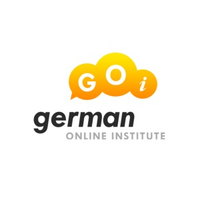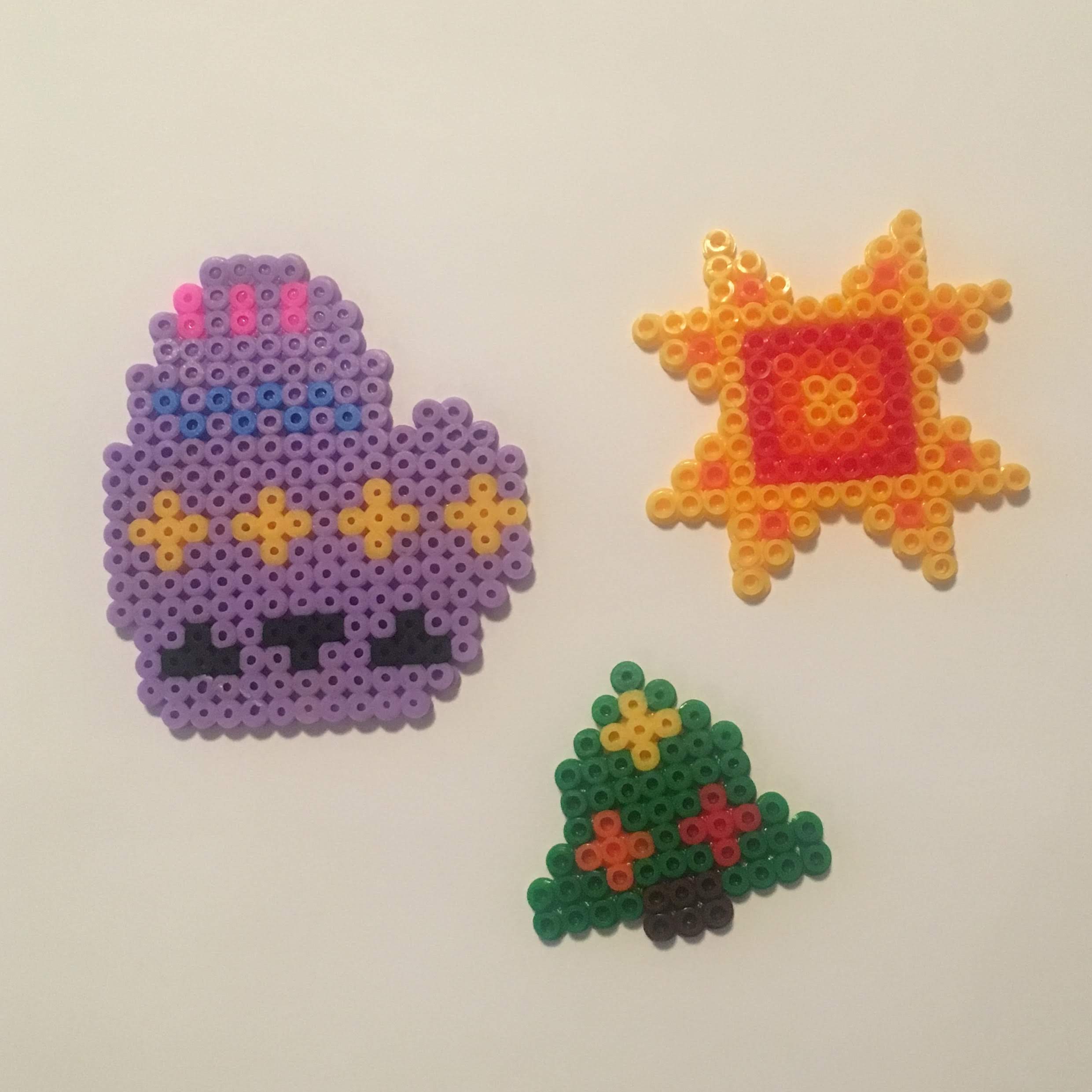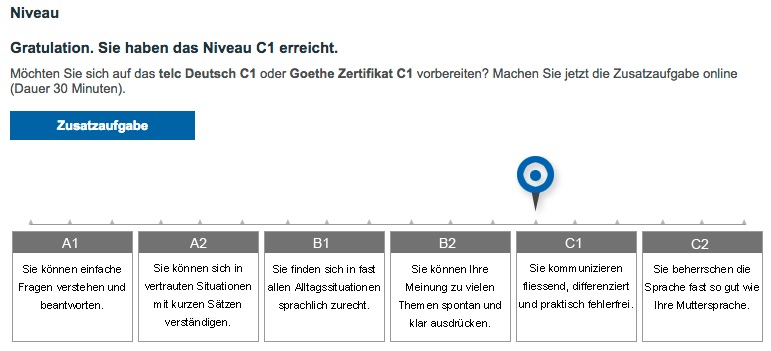Duolingo
 If you don’t know where to begin learning German and feel like you have no time for it, start with Duolingo. This fun resource is great for absolute beginners through B1 learners. You progress by unlocking lessons and earning points by doing short reading, listening, and speaking exercises.
If you don’t know where to begin learning German and feel like you have no time for it, start with Duolingo. This fun resource is great for absolute beginners through B1 learners. You progress by unlocking lessons and earning points by doing short reading, listening, and speaking exercises.
The best feature of Duolingo is that it helps you establish a German-learning habit by gamifying the process. When I was doing Duolingo together with a couple of friends, we all upped our game when the app showed us each others’ scores. I also got my mom hooked (she kept it up the longest – go mom!)
Once you have that secret ingredient – the German-learning mindset, consider studying grammar and writing more seriously. In-person classes can be great and I have tested several of them in the Zurich area, but in the end I prefer the the flexibility of online learning.
German Online Institute
 German Online Institute (GOI) is a high-quality, convenient, and affordable service for scheduling online German classes. The prices range from 25 to 33€/hour for individual lessons. I have not tried their group lessons but this could be a great option – more accountability and fun, lower cost if you get a few friends to study together.
German Online Institute (GOI) is a high-quality, convenient, and affordable service for scheduling online German classes. The prices range from 25 to 33€/hour for individual lessons. I have not tried their group lessons but this could be a great option – more accountability and fun, lower cost if you get a few friends to study together.
GOI offers a free trial lesson, where you meet your teacher and they go through a series of questions with you to put together a list of learning objectives and your personal study plan. This way, both you and your teacher are clear on your preferences and priorities, again creating more accountability to help you achieve your goals. GOI is flexible when it comes to scheduling your classes, which books and other materials you’d like to use, and whether you want to focus on speaking, writing, or grammar. They have a convenient online scheduling system and use Google Classroom for organizing the study notes.
The Schubert Verlag books
I love the Erkundungen books from Schubert Verlag, and I always recommend this series to my friends. I have the Erkundungen C1 and Erkundungen C2, as well as the C Grammatik sitting on my shelf, and I’ve flipped through the beginner and intermediate books, and they are just as excellent.
The books integrate theory and practical assignments, so it is probably enough to buy just one book for your level (e.g. B1 if that’s where you are at) and if needed, supplement it with the corresponding grammar book. Topics are contemporary and exciting, making it easy to have interesting conversations while you are absorbing the new vocabulary and grammar: for example, smart homes as part of the “progress and environment” chapter or doping in sports as part of the “success and failure” theme.
Books are nicely produced and durable, they’ve been with me on trips, buses, and in cafes. An online version with all the audio files and automatically corrected exercises would also have been nice, but engaging with the paper version, writing in hand, and correcting your own mistakes you’ll learn deeper.
***
When learning German, you are in it for a long haul, so buckle up and remember to have fun whatever books, tools, or classes you use!




